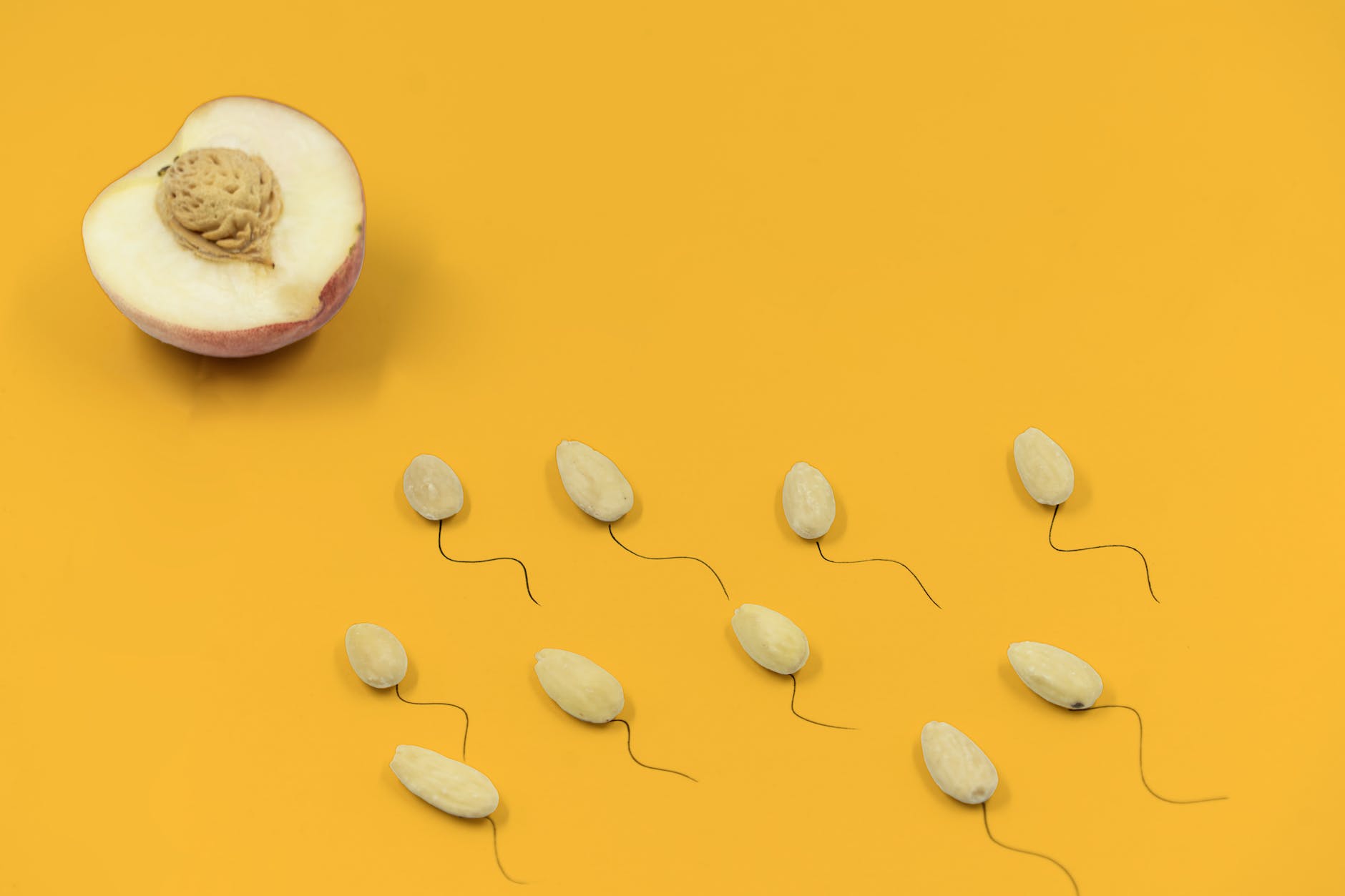A single gene holds the key to male contraception
A single gene holds the key to male contraception

So far, contraception has been practically exclusive to women. They are the ones not only responsible for the matter, but also the ones to suffer the brunt of the side effects of current contraceptive methods. Arrdc5, a new gene identified in mice, might hold the key to male contraception. This gene, common to several mammal species, is expressed only in the testicular tissue and might be a real game changer in the field.
The interesting thing about this gene being expressed exclusively in that tissue is that targeting it would not cause off-target effects in other tissues. That is what researchers observed when knocking out (deleting) this gene in, obviously, male mice. These mice with a nonfunctional gene produced 28% less sperm and those they produced had lower motility, they were 2.8 times slower than usual. Moreover, 98% of the sperm had structural abnormalities which rendered them incapable of fertilising an egg. This finding is key to male contraception. This impaired spermatogenesis results in oligoasthenoteratospermia, a phenomenon commonly observed in cases of male infertility, which raises the question whether mutations in this gene are solely responsible for said phenotype.
Using gene editing tools, like the authors did in their study 1, would allow to reversible inhibit this gene, resulting in transient infertility, without tampering with the hormonal system, which is what typical female contraceptives do.
The authors of the study are pretty sure of the potential of their discovery and have filed out a patent to bring this method to the public. However, it is still early days as few gene editing therapies are approved for human use and extensive testing is needed before the day men can finally take contraception into their own hands, without the need to undergo surgery, that is.
References
- Giassetti, M.I., Miao, D., Law, N.C. et al. (2023) ARRDC5 expression is conserved in mammalian testes and required for normal sperm morphogenesis. Nat Commun doi: 10.1038/s41467-023-37735-y ↩